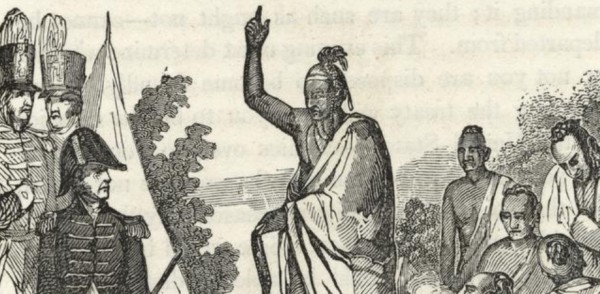

So says West Point historian Samuel Watson, an expert on the 19th century U.S. Army. Here, I’ll let him explain: “The Army’s most important adaptations to Indian warfare were strategic — political and economic — rather than tactical or operational. It relied on patient diplomacy backed by operational persistence and economic warfare . . . . The shift from fully sharing civilian hatred of Indians before 1815 to a muted sympathy for them by the 1830s was the Army’s greatest single adaptation to these conflicts.”
Indeed, Watson concludes in his article (in the April history of the Journal of Military History), there is a hidden story of adaptation there. “The Army’s core competency was in fact interethnic or intercultural diplomacy (however coercive), though most officers continued to define the Army’s primary mission as conventional interstate warfare.”
I wonder if there are other instances of officers not knowing what their primary mission is, even as they are in combat.
